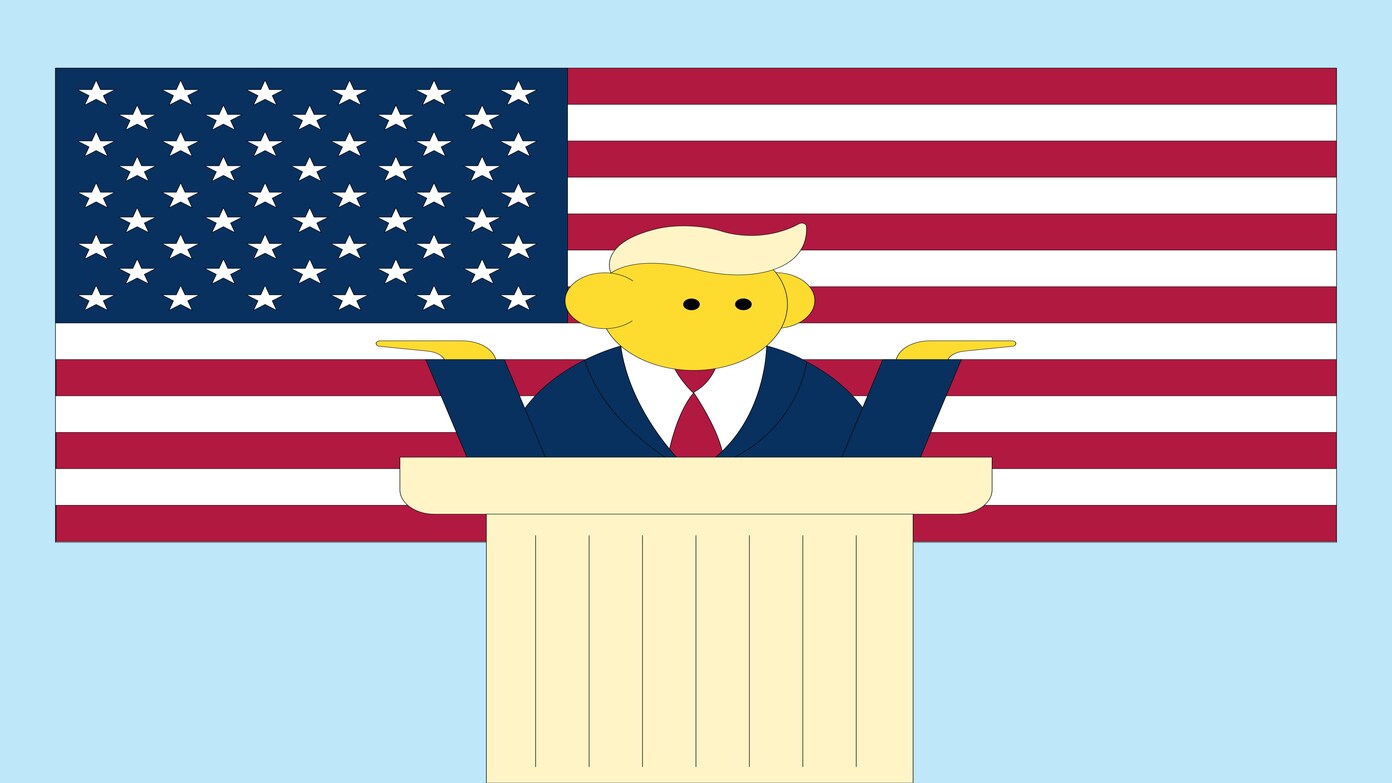Trump sets conditions for negotiations
President Donald Trump is ratcheting up the pressure in Washington, declaring that Democrats have to abandon their insistence on health care subsidies and Medicaid reductions before he’ll agree to sit down for negotiations. The action puts more at stake for an already overheated end-of-September deadline, as Congress hurtles toward a possible government shutdown on October 1.
Having read the conditions of the unserious and absurd demands being proposed by the Minority Radical Left Democrats in return for their Votes to keep our thriving Country open, I have determined that any meeting with their Congressional Leaders would ever be fruitful,” Trump announced on social media Tuesday.
He also stated that he is willing to negotiate if Democrats “get serious about the future of our Nation,” calling on lawmakers to “keep the Government open, and legislate like true Patriots rather than taking American Citizens hostage.”
Democrats push back
Trump’s demands have thrown a spanner in Thursday’s planned Oval Office meeting with Senate Democratic Leader Chuck Schumer and House Democratic Leader Hakeem Jeffries. Since Republicans need at least seven Democrats to pass a bill to fund the government in the Senate, the minority party wields significant bargaining power in negotiations.
“Trump is running from the negotiating table before he even gets there,” Schumer said, accusing the president of being more likely to “throw a tantrum” than do his job. Jeffries echoed that, informing constituents on social media that Trump is “unwilling to confront the Republican healthcare crisis.”
The standoff highlights the profound disagreement between the two sides. Democrats are holding out for permanent extensions of roughly lapsed Obamacare subsidies, restoring Medicaid cuts, and protection against the White House acting alone to shut down federal spending. House Republicans have meanwhile passed a bill to keep the government funded through November 21 without strings—a motion Democrats have firmly rebuffed.
Markets brace, but don’t panic
Despite the political drama, financial markets have had for long time dismissed threats of shutdowns as so much Washington posturing. Bloomberg Intelligence further points out that large-cap companies, US equity markets, and giant government contractors are unlikely to experience much direct hurt from a short shutdown.
However, economists warn that an extended shutdown would be damaging to the economy. Bloomberg Economics estimates that a one-month government shutdown would cost around 0.4 percentage points of quarterly GDP growth. That may sound small, but it foreshadows potential ripple effects if the stalemate continues.
Read later:
Powell: “It’s a challenging situation” with job market and inflation pressuring Fed
Government shutdown still a real possibility as Congress fails to reach deal
What are the new H-1B rules that President Donald Trump has announced
Was there any damage from the earthquake in San Francisco this morning?
Confusion over H-1B visa: White House forced to clarify rules over new $100,000 fee
Is Trump allowed to push Attorney General Pam Bondi to prosecute his opponents?
A higher-stakes game than usual
This time, as opposed to past shutdown threats, each side appears dug in. Republicans will not approve a “clean” appropriations bill without concessions, and Democrats won’t abandon healthcare protections. With October 1 approaching, neither appears likely to yield, so a shutdown is more likely and harder to negotiate.
The standoff also puts pressure on lawmakers at home, with voters more and more watching to determine if Congress can avoid a shutdown. “The American people expect us to work together and not hold government services hostage,” Schumer stated, framing the debate as a leadership test on both sides.
Key takeaways
- President Trump made demands for negotiating with Democrats, making a government shutdown more likely.
- Democrats want permanent subsidies for Obamacare, Medicaid shielding, and caps on one-sided spending cuts.
- Republicans would rather have a temporary, strings-free spending measure that produces a standoff.
- Markets won’t react wildly to a brief shutdown, but repeated closures will impact GDP.
- October 1 is approaching, and the two camps are entrenched, so compromise will be hard.
With Congress racing toward the end-of-month deadline, the question is: Will lawmakers find middle ground, or will Washington shut down, leaving Americans and markets to wait it out?

